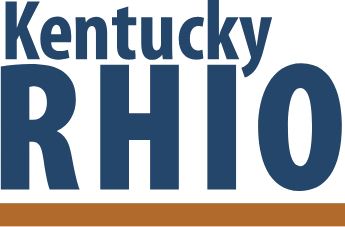Healthcare is constantly changing but the PCMH model aligns with where health care is headed. Practices, Providers, and Patients are already seeing changes for improved healthcare through the PCMH model. However, PCMH recognition is a long and tedious process from start to finish. Below are 5 common challenges of implementing the PCMH Model in your Rural Practice.
- Ensuring that patients come to the PCMH first requires high levels of education, engagement, and satisfaction with the healthcare provider.
- Empowered patients become engaged partners in their own care and are more likely to return to their primary care provider instead of the emergency room, and to take their medications properly to manage conditions that might otherwise land them in the hospital.
- Strong buy-in from leadership and clinical staff.
- Due to the nature of a fast-paced rural practice, it is difficult to implement change and keep up with the current patient flow.
- Achieving accreditation takes dedication, time, and teamwork.
- Total PCMH transformation can take up to a year and a half and keeping focused on the prize isn’t always easy.
- EHR, correct reports, explanations.
- Finding what your EHR is capable of for producing reports.
- Explaining documentation to an NCQA reviewer that does not have the understanding of your EHR capabilities and office flow.
- Time Management
- Taking time to devote to implement, train staff, and administrative duties on top of what the busy rural practice is already doing is extremely difficult.
With any great program there are always challenges. The challenges above are the most common that I have encountered working with practices. With the help of the great team I work with and resources easily accessible, the Kentucky Rural Healthcare Information Organization is confident in helping the practices overcome these challenges and any new ones that may arise. Our goal is to make your practice successful with one-on-one guidance for implementing the PCMH model.
